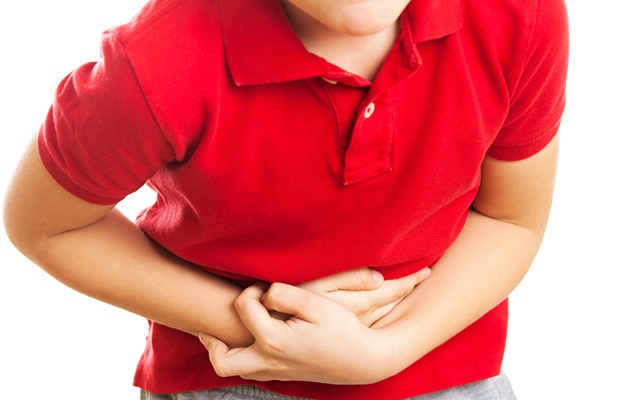
With the new school year in full swing, your kids may have picked up a cold or a bug by now. While we know it’s good in the long run for their immune systems to be exposed to lots of germs now, tummy bugs remain unpleasant for all.
The 2015/2016 summer also brought a heat wave unlike any we’ve seen in recent years. And in the heat, cases of diarrhoea soared. In the Western Cape alone, more than 18 000 children have been treated for diarrhoea this summer, more than 2 000 had to be hospitalised and two toddlers died, says Mark van der Heever, spokesperson for the Western Cape health department.
Although many of these cases can be attributed to bacterial infections contracted by kids playing among rubbish dumps, viruses causing gastro, which are always around, multiply rapidly in this heat. And with kids not washing their hands carefully, high-fiving and passing around books in class, it’s easy to see how a tummy bug can spread like wild fire in schools.
If you baby under 2 years have diarrhoea, read here.
How to minimise the risk of getting a tummy bug
1. Teach your children to wash their hands with soap and water – often. At the very least before they eat, after they’ve used the toilet and when they come home from school.
2. Teach your kids to not stick their fingers in their mouths. Smaller ones may be sucking on their fingers, older kids may bite their nails, lick their lips and apply lip balm, or lick their fingers when eating.
3. Teach your kids to drink water from their own cups and not exchange cutlery.
4. Wash your hand towels frequently, remember to wipe doorknobs from time to time, and diligently clean your toilet with a strong disinfectant (including the flusher).
5. Ensure your family regularly gets in probiotics, either from food or supplements.
6. Teach smaller children to not touch the toilet seat with their hands when using the toilet.
What do to when your child has a tummy bug
- Let your child sip on an oral electrolyte replacement solution like REHIDRAT®, to keep your child hydrated
- If your child is able to eat, avoid diary products and fatty foods. Focus on plain toast or toast with Marmite or Bovril, plain scrambled eggs, and grated apple that you’ve allowed to brown.
- Don’t send your child to school for at least 24 hours after the last symptoms. Also avoid or minimise contact with pregnant women, babies, those with weak immune systems and the elderly.
- Boost the rest of the family’s immune systems with probiotics and immune-boosting supplements.
- If the diarrhoea persists beyond 24 hours, call the doctor.
- If you suspect dehydration and your child is unable to keep in any fluids, immediately contact your doctor or take your child to the emergency ward.
Also read: http://www.parent24.com/Family/Health/Symptom-Guide-Diarrhoea-20150826
Why REHIDRAT®?
- It is scientifically formulated to deliver the optimal balance of electrolytes to enable recovery from (or prevention of) dehydration.
- It includes important minerals such as sodium, potassium, as well as glucose.
- It contains no artificial preservatives, colourants or sweeteners.
- It can be given to babies from 3 months up.
Also read: Dehydration is more common than people think.
Join us on Twitter: @Rehidrat
® Trademark © Johnson & Johnson (Pty) Ltd 2016. For more information, 0860 410 032, or email jnjza@its.jnj.com




 Publications
Publications
 Partners
Partners














